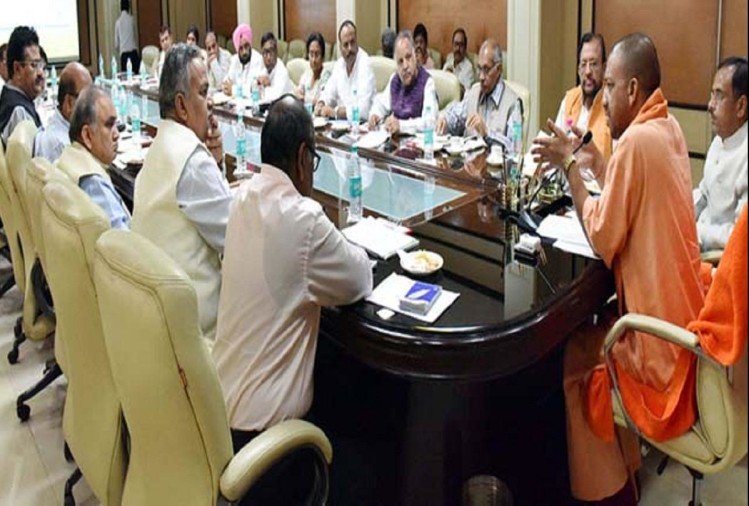 The probe into restaurants have revolved around issues of not passing the benefit of GST rate cut in November 2017, when it was brought down to 5% from 18% but without any input tax credit (ITC).
The probe into restaurants have revolved around issues of not passing the benefit of GST rate cut in November 2017, when it was brought down to 5% from 18% but without any input tax credit (ITC).
Dozens of anti-profiteering investigations have been launched into fast food brand Subway franchisees, especially in Maharashtra, by the National Anti-profiteering Authority (NAA) under the GST regime. The NAA orders have put these small businesses in difficulty as they face the prospect of paying hefty fines even if they approach the courts against the authority’s directives.
While businesses have the option of challenging the NAA orders, the high courts have been asking businesses in such cases to deposit a substantial portion of the amount found to be profiteered in NAA’s orders into the Consumer Welfare Fund (CWF).
This is even as several NAA orders against large companies – Hardcastle, Hindustan Unilever and Reckitt Benckiser, among others, – have been stayed by the HCs.
“In some cases, the profiteered amount is as much as Rs 80 lakh. We can’t afford to deposit half this amount if we file a writ petition in the court against the order,” said a Pune-based franchisee owner on condition of anonymity. He added that it would lead to severe cash flow crunch in businesses of small size.
The NAA had found two Subway franchisees, one each in Rajasthan and Maharashtra, guilty of profiteering earlier this year. This has led to investigations into a wider network of Subway franchisees, a source said. He added that NAA often expanded the scope of probe into multiple items sold by a business found to have profiteered from one item.
The probe into restaurants have revolved around issues of not passing the benefit of GST rate cut in November 2017, when it was brought down to 5% from 18% but without any input tax credit (ITC).
In NAA hearings, restaurants have argued that their costs shot up due to denial of ITC, but many orders have gone against business owners in such cases. Further, NAA also doesn’t consider the argument that prices were reduced more than the corresponding rates on some items while not on others — so the net effect was of passing the benefit. It has relied on the stance that price cuts should be uniform on all items in accordance with the rate cut.
“Equity jurisdiction of the court may have to be tested in these matters, wherein the amount involved is not high and may lead to hardship to small players,” said Abhishek A Rastogi, partner at Khaitan & Co, who is arguing writ petitions in many of these cases in Delhi High Court. He added that there were various issues related to the entire franchisee model and hence facts were required to be submitted very appropriately before the court so that timely justice was delivered.
NAA was established in November 2017 as a forum to ensure firms passed on the benefit of GST rate cuts to consumers. Over 400 items have seen rate revision since GST was launched in July 2017. The government also extended the original two-year tenure of the body last year.
However, with nearly three years into existence, many experts and tax officials alike have questioned the efficacy of the body, which has so far delivered about 171 orders when there over 1.2 crore GST-registered taxpayers. Some have also questioned the need for such a body to enforce one clause in the GST Act when the entire department was already responsible for administering all the other aspects of the law.
Get live Stock Prices from BSE, NSE, US Market and latest NAV, portfolio of Mutual Funds, calculate your tax by Income Tax Calculator, know market’s Top Gainers, Top Losers & Best Equity Funds. Like us on Facebook and follow us on Twitter.
![]() Financial Express is now on Telegram. Click here to join our channel and stay updated with the latest Biz news and updates.
Financial Express is now on Telegram. Click here to join our channel and stay updated with the latest Biz news and updates.
